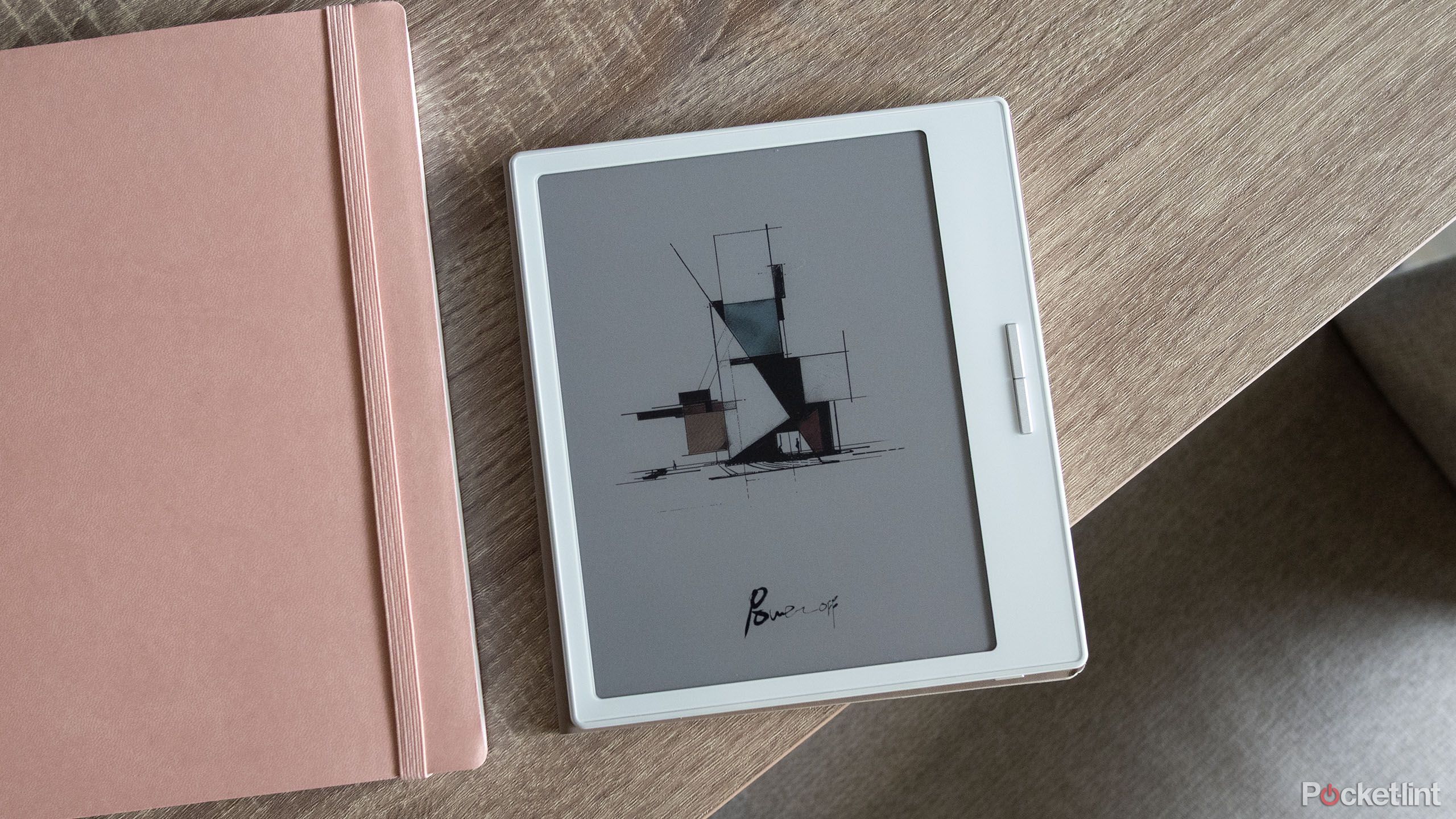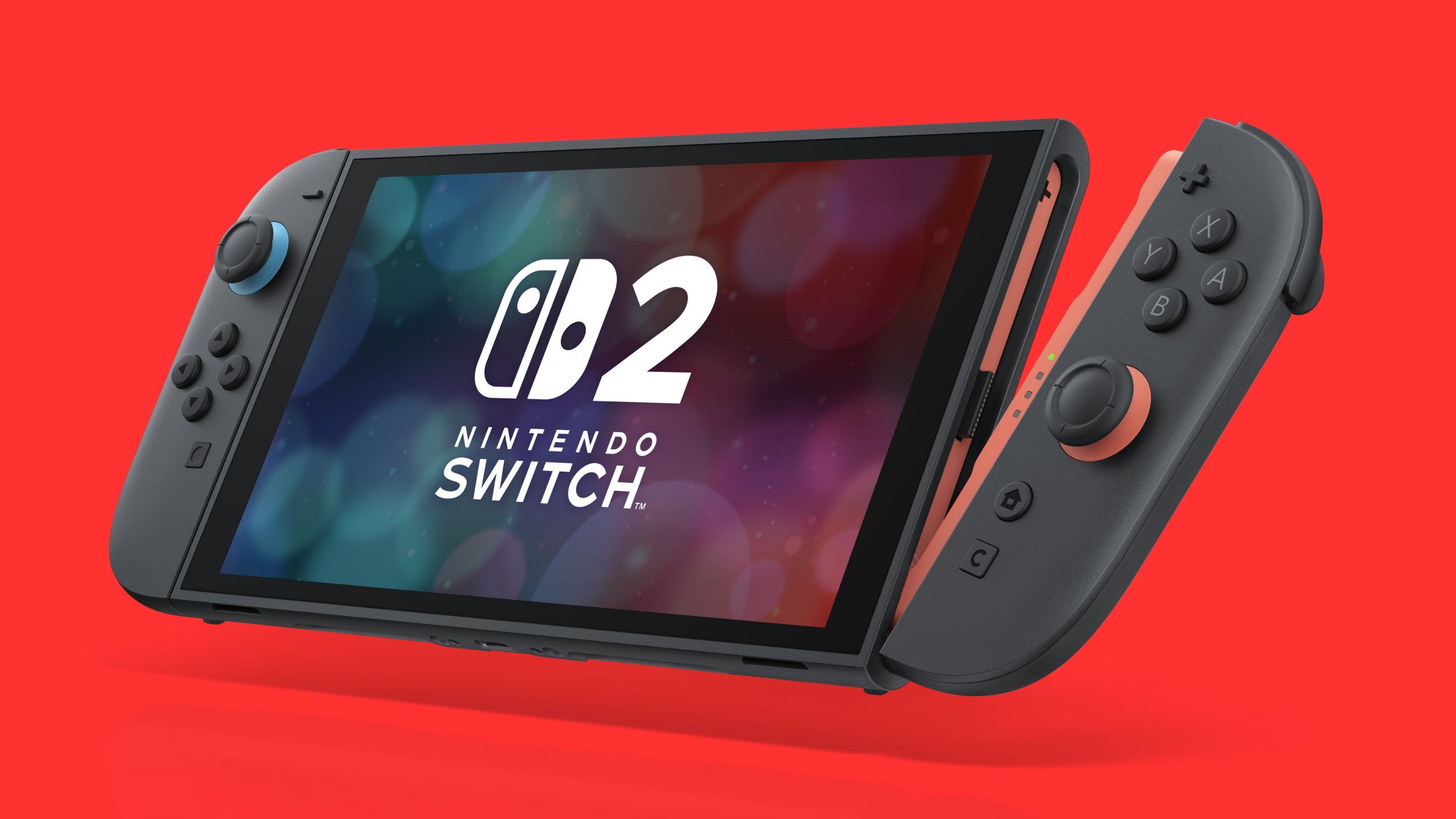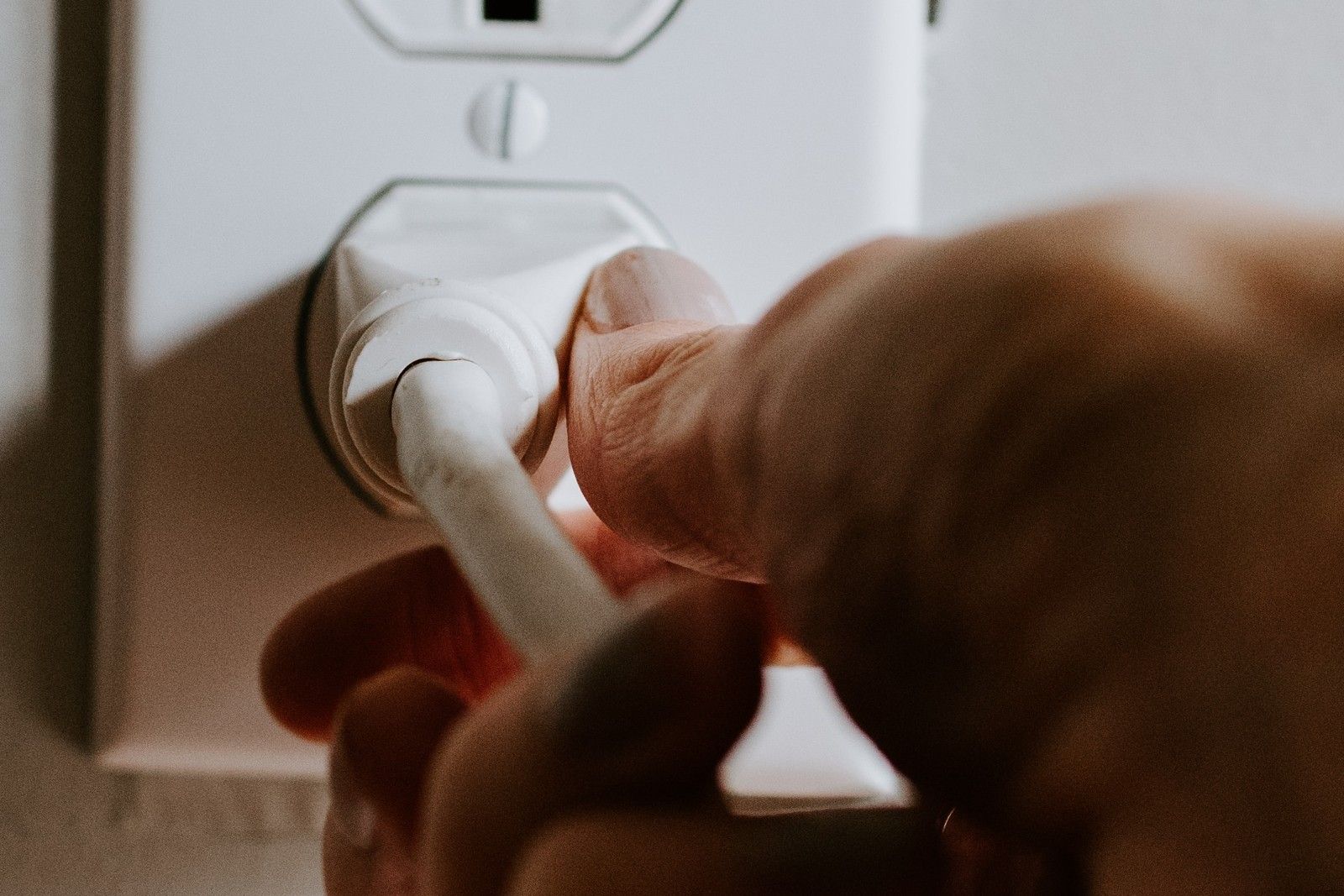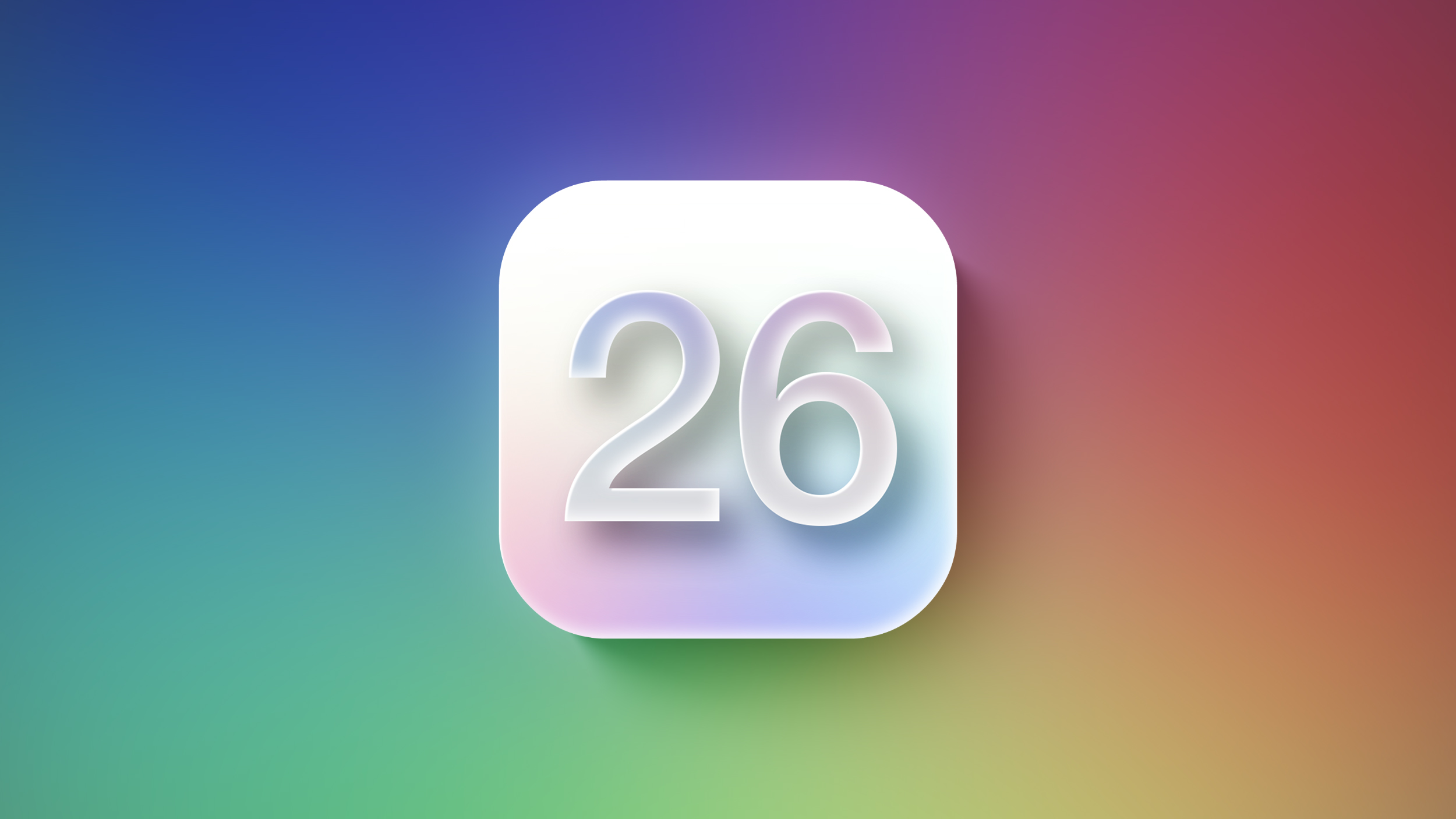Huawei Watch GT 3 review: Glimpses of perfection
The Huawei Watch GT 3 is a very solid offering for those who want a smartwatch that’s predominantly for tracking health and fitness – that’s how it separates itself from the more premium pitched Watch 3 range.
With the promise of epic battery life – which is no joke, this watch really can go and go and then some – the GT 3 is a hugely appealing prospect. But as it runs on Huawei’s software, not Wear OS, does it lose some prospective features that hold it back from perfection?
Love at first sight
Dimensions (46mm): 45.9 (diameter) x 11 mm (thickness)Case sizes: 46mm or 42mm options5ATM waterproof (to 50 metres)22mm quick-release strapStainless steel caseWeight: 42.6g
If there’s one thing that can be said for Huawei’s recent crop of fitness-focused smartwatches, it’s that they’re very good-looking. There’s a shine and polish to them that you don’t get from most of the other tech manufacturers. While many look like watches designed as pieces of tech first, Huawei’s look like real watches.
It’s the decisions made in shaping and materials that does it for us, especially here in the 46mm model. The larger of the two watch sizes features a single piece of glass on top, featuring an indexed, angled bevel all the way around the display. The flat gives way seamlessly to the bezel, which then slopes down and joins the polished stainless steel case. It’s an exercise in precision – and one that’s extremely attractive.
Opt for the smaller 42mm model and you’ll get an entirely different shape, one that’s much more like the standard Huawei Watch 3. This smaller model has a curved glass lens, giving it a much rounder appearance.
The only downside to the design of the 46mm model is that it will be a bit too large for some wrists. This reviewer didn’t find its size an issue at all, but we imagine it’d look quite oversized on some smaller arms.
Despite that, it still retains a sleek and slim look and feel. It doesn’t look comically large as it’s not at all bulky. Compared to the chunkier Watch 3 Pro it seems very slim.
Taking its influence from the Watch 3 series, the Watch GT 3 has ditched the GT 2’s two-button layout and adopted the rotating crown. This is well positioned at the top of the case’s side, acting as a scroll wheel for various parts of the interface. That means you’re not forced to use the touchscreen all the time. The bottom button is a slim, low-profile back button, that’s also set (by default) to launch into a workout tracking session.
Because of their positions at the top and bottom of the round case, these buttons never get in the way. And we’ve never had any incidents of pressing them by accident when our wrist is bent back. It’s well considered – and that’s not something every manufacturer gets right.
Turn the GT 3 over and there’s a similar level of attention to detail on the underside. Again, something a lot of manufacturers don’t particularly seem to care about. It’s polished, almost seamless in the way the rear casing ramps up to the dimple in the middle that contains the neatly positions LEDs and sensors (which measure various heart/blood-related metrics).
There are no exposed pins or contact points, because the watch charges completely wirelessly using a magnetic disc that snaps easily onto the back.
Even the quick-release design of the straps, bands and watch lugs are well designed. One lug on either side of the watch has a tiny groove in it, so you can anchor the watch strap’s pin in the opposite side and simply push the other into place to let the spring-loaded pin do its thing and pop into place. You don’t need to sit fiddling for ages to get it into the right position.
As for band and strap compatibility, again that’s no worry. The Watch GT 3 is compatible with any 22mm strap, so if Huawei’s own straps don’t take your fancy then it’s very easy to find one elsewhere that works for you. Saying that, the brown leather strap that shipped with our ‘Classic Edition’ model is elegant and works well with the shiny silver case. Other variants include the ‘Active’ model with a fluoroelastomer strap and the ‘Elite’ version with a stainless steel link band.
Display
1.43-inch round AMOLED screen (46mm model)466 x 466 pixel resolutionHarmonyOS 2.1
In some ways, the completely round AMOLED display on the Watch GT 3 is one of the best smartwatch screens on the planet right now. Because of its impressive sharpness, colour and brightness, it just looks good all of the time. The contrast is high too, which means you can read it clearly in pretty much any condition.
While not the fastest and smoothest around, the refresh rate isn’t as poor as you’ll find on earlier GT models. Animations are generally fairly smooth here. Of course, when you come from having used 90Hz/120Hz smartphone screens day-in and day-out for the past 12 months, you do spot some very slight stuttering – but it’s never to the point of being painful to see.
Being a relatively large screen also means plenty of room for information and detail. That means there are lots of different options available to watch-face designers for index and complication designs, which also means there’s plenty of room for data during exercise sessions too.
What we like about Huawei’s own interface – based on HarmonyOS 2.1 – is how simple it is to understand. There are custom cards – or widgets – to the right of the watch face, each with a simple and attractive interface. You can choose up six of these cards, which include features such as weather, moon phase, your daily activity, heart rate, and sleep data.
A good screen is nothing without decent watch faces. In this department we find the Huawei is something of a mixed bag. On the plus side, there are hundreds and hundreds available to install on the watch. Many of them are paid for, though, but there are plenty of free options as well.
Where Huawei misses another trick is in customisation options. Even with its homemade styles, there’s just very little customisation available. Some faces will let you change the data shown in the complications and that’s it. No changing colours schemes, index styles or accents. Others faces don’t let you change anything. It’s a far cry from the customisation abilities of the Apple Watch or Samsung’s Wear OS-based Galaxy Watch 4.
And that’s not all that’s missing from the Huawei’s smartwatch kit bag. The GT 3 may show you smartphone notifications, but that’s all it really does. You can’t really interact with them all that much on the screen. If all you use your smartwatch for is to read your notifications, that’s not a problem, but you will need to pick up your phone to actually reply.
Huawei’s watch is also missing contactless payment support (in the UK anyway, where we’re based), as well as any support third-party music platforms. You can manually put music on by sending music files across from the app, but you can’t install Spotify, Deezer, Tidal or Apple Music.
Given that there’s a full colour AMOLED screen – like with most current smartwatches – that means it’s off most of the time in order to maximise battery life. The raise-to-wake functionality is generally reliable, so you can see the time whenever you like just by raising your wrist. However, you can always activate the always-on mode, which shows the time all of the time – but also therefore negatively impacts the battery.
Fitness tracking
TruSeen 5.0 sensorHR/SpO2/Sleep trackingRunning Ability IndexAdvanced running plans
If there’s one standout area for the Huawei Watch series, it’s in fitness and exercise tracking. Not only because of the hardware capabilities of the watch itself, but also because of the versatility of Huawei Health and its offerings. But while Huawei boasts about 100+ workout modes, it’s really the runners who will benefit the most from Huawei’s watch.
The GT 3 has more light sensors in its heart/blood monitoring system, which has made it more reliable and accurate than previous models. In daily use, you might not see a huge difference in results between this product and the Watch 3 series, but compare it to older Watch GT models and you’ll see improvements.
The Watch GT 3 can track your heart rate all day, everyday, while also constantly tracking your blood oxygen saturation (if you enable it). Best of all it can do both of those without significant battery drain. It’s also got dual-band GPS for more precision in route and distance tracking during running/outdoor exercise.
Compared to our Garmin Fenix 6 Sapphire – which we wore on our other wrist during testing – we found the Huawei tracked distances, heart rate and cadence consistently. As you’d expect, the data didn’t exactly match between the two watches, but it was very close. Heart rate was only one or two beats per minute different, as was cadence (in steps per minute). When it came to distance, the difference was down to the mere metres.
collection:Huawei Health app
There are added benefits for runners in the GT 3 too. New for 2021 is what Huawei calls a ‘Running Ability Index’, which takes your data – like distance, heart rate, effort, pace – and determines how strong a runner you are, then gives you something tangible that you can use as a metric for improvement. And if you don’t know how to improve, you can take advantage of Huawei Health’s training plans for distances from 5km up to a marathon.
In future versions of software this training plan will sync to the watch from your phone. As it stands, using a pre-release version of the Huawei Health app, this feature wasn’t functional.
Performance and battery
ARM Cortex M processor, 4GB storage, 32MB RAM14 day battery (46mm model)Wireless charging
Most smartwatches will die after about 36 hours away from their charger. For the most part that means you have to charge them every night which, in turn, also means you can’t wear them to track your sleep. Huawei’s watches are different though.
A full battery on the Huawei Watch GT 3 will get you about two weeks (14 days) on a full charge when being used in its regular smartwatch mode. That’s based on average usage with the always-on display switched off, and it’s not some impossible-to-reach battery life promise. It’s a realistic impression.
After a full week using the GT 3 our battery was down to 48 per cent. That’s using it with its 24/7 heart rate and SpO2 tracking enabled, and having used it for three running sessions (one of which was 50 minutes long). During the nights we wore it to bed, too, so it tracked our sleep throughout. It’s so good, you’d have to try really, really hard to get it to die within a week.
Essentially, you get Garmin Fenix levels of battery life, but with a full colour AMOLED touchscreen. Granted, it’s with a screen that’s off until you raise your wrist to wake it, but it’s impressive nonetheless.






